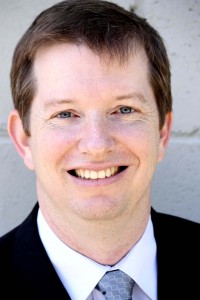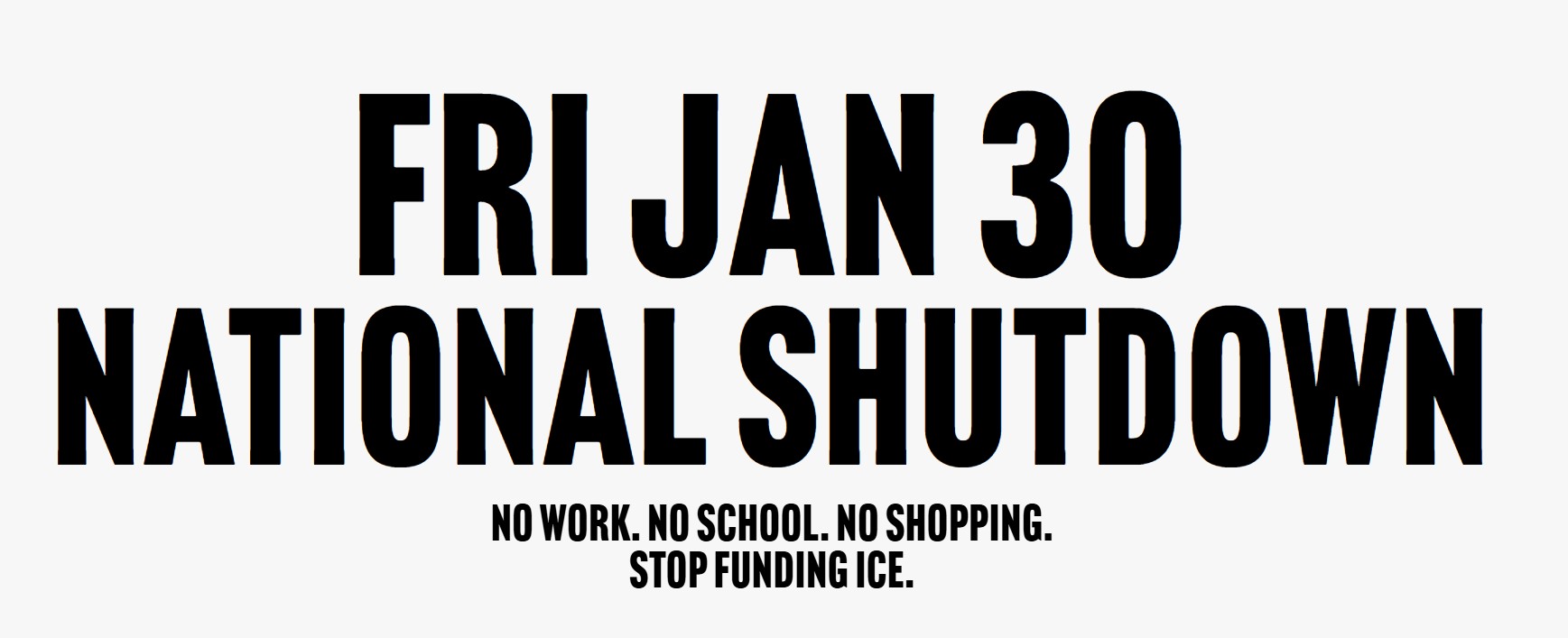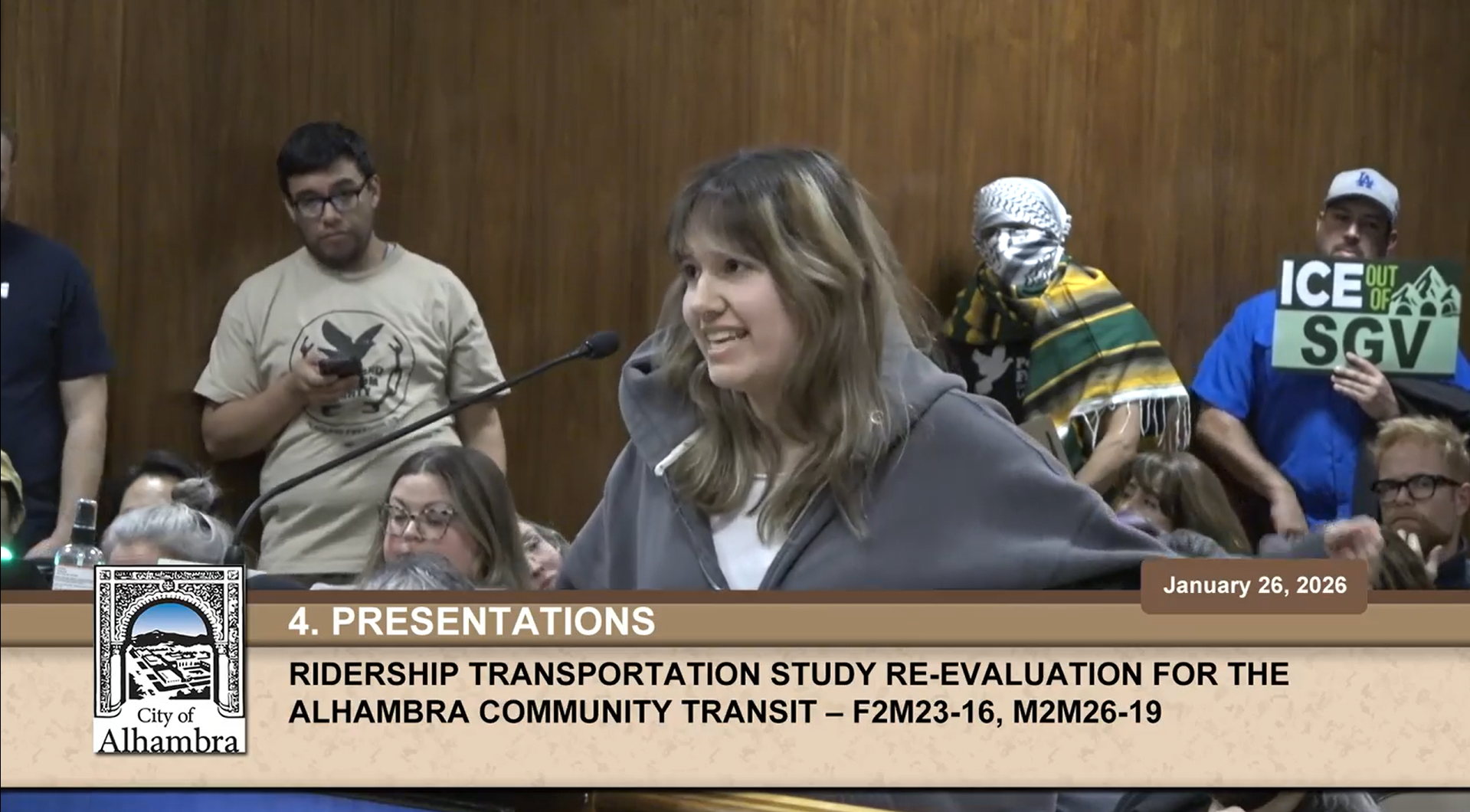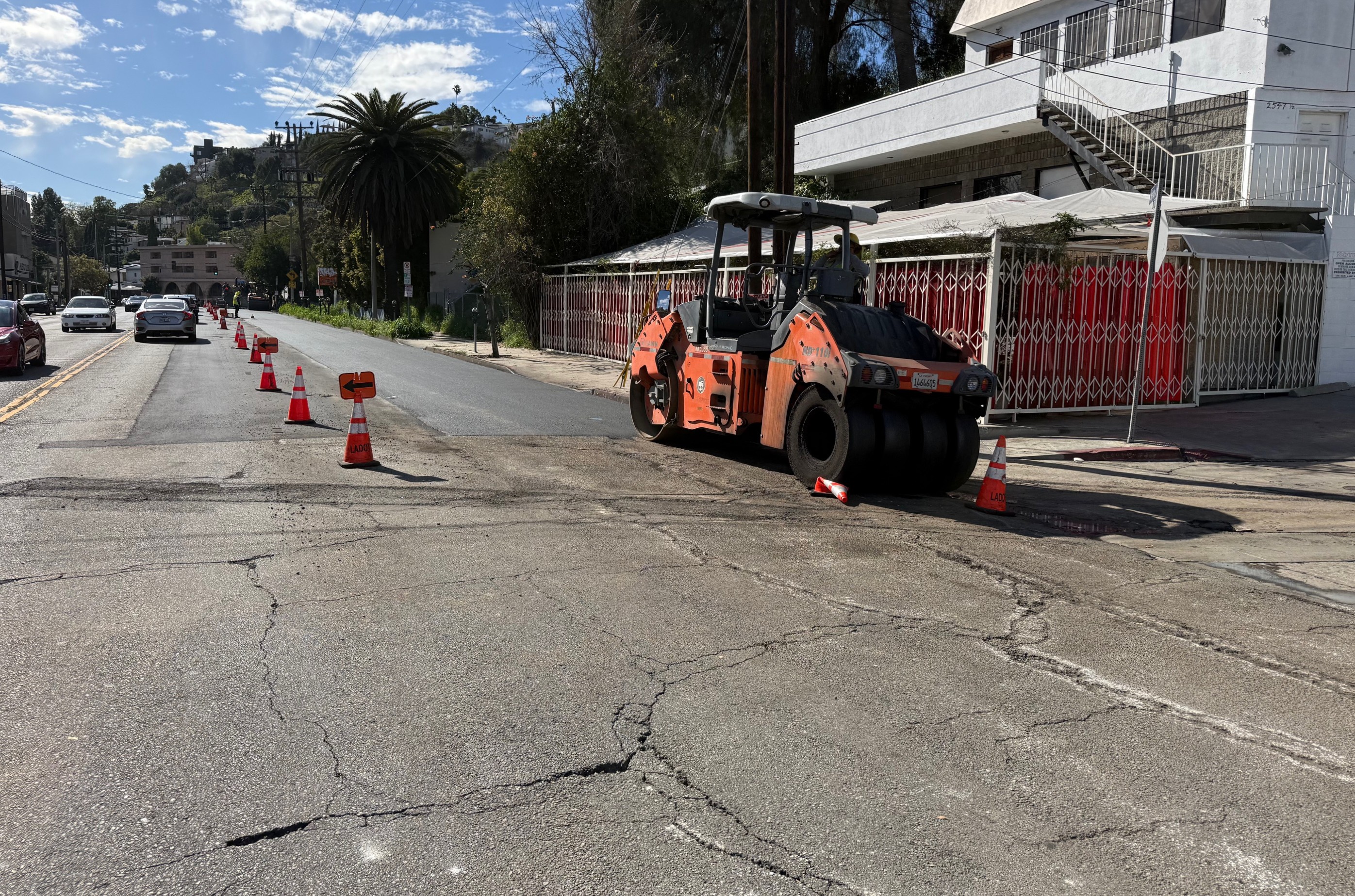The first CD 36 Candidate to return our survey is independent Matt Roozee. At the heart of Roozee's bid is a belief that the government must focus on fixing the economy before working on other important issues. As Roozee states on his campaign website:

"The economy is, by far, our most pressing issue. Everything else is secondary. America must become a great place to do business again if we want the economy to not only create jobs, but keep them here. Each regulation must pass a stringent cost-benefit analysis, with a bias toward economic growth. At the same time, government should not be picking winners and losers, which means ending ‘too big to fail’, the bailouts and corporate subsidies.”
That's not to say he doesn't favor investment in transportation, he just doesn't want the federal government to be the one making that investment. He also doesn't see a wellspring of support for transit projects but does believe that the transportation projects that move forward should be private initiatives that go through cost control and quality assurance through a market based process.
While many of his answers won't sit well with the average Streetsblogger, I do think that he deserves credit for answering the questionnaire himself, flat out admitting when he didn't have the answer and showing a willingness to express his answers to what could be a skeptical audience.
You can read all of Roozee's answers after the jump.
1. Describe your daily commute.
I drive every morning from Marina Del Rey to Century City. I take 90 to the 405 north and get off on National. It's not too difficult. Sometimes on the way back I take side streets. All in all, it's about 30 to 45 minutes each way.
2. What role do you think the federal government plays in providing funds for “active transportation” projects, i.e. projects that will improve safety and access for bicyclists and pedestrians? How about projects that would improve access to transit stations and bus stops?
I don't think the federal government should involve itself in this subject at this level at this time. We are in an economic crisis and a debt crisis and at this time, the federal government needs to focus on bigger matters.
3. What is your overall understanding on the most urgent transportation needs in your district? And how will you address them?
I am not happy with the quality of the roads in some areas, that's for sure. But local matters such as this need to be taken up at the local level. After all, people who live in this district should know better than anyone else how to fix these problems. I will encourage local activists to pursue these issues, but the federal government can't be the solution.
4. If you could change one thing about transportation in the 36th Congressional District with a wave of a magic wand, what would it be?
If I could wave a wand, I'd have the 405 or an offshoot of it to come a little closer to the water. For many in the South Bay, it's a long trek just to get to the freeway and then the commute really begins for those who are working in Los Angeles.
5. What is America Fast Forward? Do you support the concept of America Fast Forward and what would you do to make it a reality?
I do support the concept of America Fast Forward from a funding standpoint, but I am highly skeptical of its current goals and philosophy. I do not believe that building high speed rail and subways are really how we are going to 'win the future'. In my mind, there is not a whole lot of forethought being put into it. As someone with a Ph.D. in mathematics, I'm in contact with a ton of brilliant minds in the scientific community and things like high speed rail are, frankly, ideas of the past. And it's not necessarily something that I think fits the needs of this district. Is there a popular clamoring in this district for high speed rail and subways? I don't see it. We should not build projects just to fulfill the fantasies of city planners. I DO support targeted infrastructure spending. But if there is going to be infrastructure jobs created in the 36th district, I want the unemployed people of this district to be the first ones having a crack at those jobs, not entrenched union or contracting interests, which is inevitably what occurs with infrastructure spending in these instances. Costs magically go up, quality goes down and the projects never get completed on time. Basically, I am skeptical of any initiative being supported by the current Mayor, who has done a horrible job with LA infrastructure. I would rather support private initiatives that assure quality and cost control through a market-based process.
Specific Projects:
6. What is your stand on Green line South Bay extension (to Torrance)? Will you pledge support to help win Federal funding/loans for construction?
I support the extension only if we are sure that the public really wants it. Have real polls been taken on the matter? Do we know how many people would actually use it? I will not pledge federal money for this, as if I go to Washington, my prime purpose there will be to solve the economic crisis. Building rail lines that a district doesn't want and may not even use makes no sense.
7. Do you support the extension of the Westside Subway all the way to Santa Monica? Would you support more federal funding for that project?
Yes if the public wants it, and no to federal funding. If people want this, they need to pay for it. If they can't afford it, then it's not a priority.
8. What is your stand on LAX expansion?
I support modernization of the existing terminals. But I do not support new runways to the North of where they currently exist.
9. Recently, Metro (aka Los Angeles County MTA) cut 305,000 hours of bus service. What will you do to ensure that federal funding goes not only to capital projects, such as #1, but also to increase bus and rail service frequency?
The city and the county are broke, which is why it is cutting services. It will stay broke as long as it continues to throw money into inefficient projects that spend our money unwisely. I am highly skeptical of the city's plans for rail. All this money is going to be spent and how many will use the services? I've been on the subways and they are practically empty. They are shiny toys for city planners that make no economic sense for a city as spread out as LA. Whatever the case, it is not the role of the federal government to subsidize mass transit in Los Angeles. If LA wants it, LA should pay for it.






